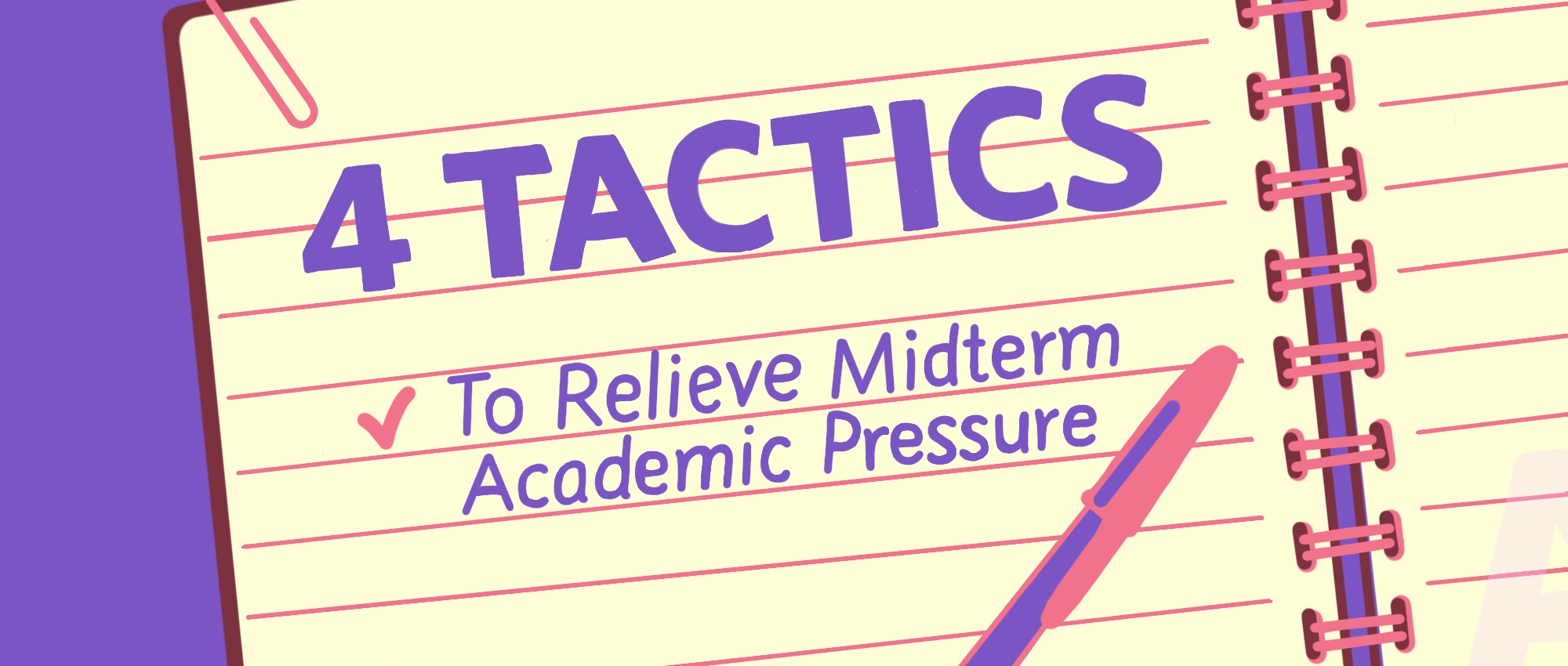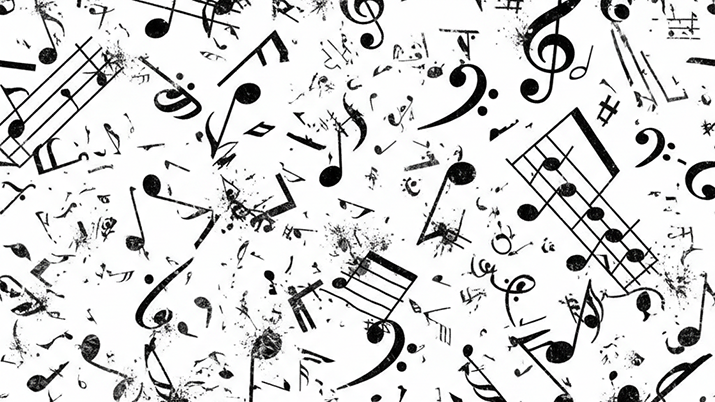

Still on the lookout for an elective to complete your Term 1 timetable? This winter the Faculty of Arts is offering options that invite you to see the world differently, whether through philosophy and asking big questions, literature that sparks new perspectives, or languages you can only learn here at UBC.
We’ve grouped the courses by theme, each with an emoji to show the topic at a glance. You’ll also see 📘 for courses open to all year levels, and 🎓 for those designed specifically for upper-year students.
Tip 💡


Introduction to Language and Linguistics 📘
LING_V 100 | Mon/Wed, 11:00 AM–12:00 PM
Study language as a uniquely human system. Explore sound patterns, grammar, language change, dialects, acquisition, and even the brain’s role in language. Also offered in Winter Term 2.
Taught by: Dr. Eva Csipak


Languages of the World 📘
LING_V 101 | Mon/Wed/Fri, 10:00–11:00 AM OR 2:00–3:00 PM
Survey the world’s languages and see where they are spoken, how they differ, and what they reveal about human culture and cognition. Also offered in Winter Term 2.
Taught by: Dr. Strang Burton


Elementary Danish I 📘
DANI_V 100 | Mon/Wed/Fri, 11:00 AM–12:00 PMM
Did you know UBC is the only university in Canada where you can learn Danish? This beginner-friendly course offers a low-stress introduction to the language and culture. Explore hygge, Danish holidays, regional traditions, and everyday life while building practical conversation skills.
Taught by: Ann-Kathrine Havemose


Elementary Swedish I 📘
SWED_V 100 | Mon/Wed/Fri, 10:00–11:00 AM OR 11:00 AM–12:00 PM
Beginner-friendly introduction to Swedish language and culture with no high-stakes exams. Learn through short projects and topics like fika, lördagsgodis, Greta Thunberg, and Sweden’s approach to nature and sustainability.
Taught by: Karin Filipsson


English-to-French Translation (Advanced Translation) 🎓
FREN_V 457 | Tue/Thu, 9:30–11:00 AM
Gain hands-on skills translating English to French across fields like literature, law, and medicine, while reflecting on the cultural and ethical stakes of translation.
Taught by: Dr. Irem Ayan


Multimodal Writing 🎓
WRDS_V 340 | Mon/Wed, 9:30–11:00 AM
Experiment with writing in sonic, visual, and digital forms while tackling issues of accessibility, ethics, and generative AI. Build practical multimodal communication skills for the digital age.
Taught by: Dr. Stephen Dadugblor


Post-migrant Perspectives: Identity and Belonging in the Nordic Countries 📘
NORD_V 332A | Mon/Wed/Fri, 2:00–3:00 PM
Examine race, gender, and belonging in Nordic societies through literature, film, and art, set against today’s cultural and political debates.
Taught by: Karin Filipsson


La Vibe: Francophone Sounds from Afrobeat to V-Pop 📘
RMST_V 310C | Mon/Wed, 11:00 AM–12:30 PM
Groove across languages with Afrobeats, Franco-Rap, and V-Pop. Explore Francophone identity through music, radio projects, and cultural storytelling.
Taught by: Dr. Antje Ziethen


Cultural Informatics: Digital Collections 📘
INFO_V 301 | Wed, 2:00–5:00 PM
How do we represent culture in digital spaces? This hands-on course explores the ethics of access, ownership, and representation while giving you the chance to build your own digital collection of cultural materials.
Taught by: Dr. Elizabeth Shaffer


Introduction to Epistemology 📘
PHIL_V 240 | Multiple sections
What does it mean to know something, and how do we justify our beliefs? Explore questions of truth, knowledge, and perspective through topics like justified true belief, standpoint epistemology, and Gettier cases. Also offered in Winter Term 2.
Taught by: Dr. Christopher Stephens/ Dr. Stefan Lukits


Environmental Ethics 📘
PHIL_V 332 | Mon/Wed, 5:00–6:00 PM
Explore moral questions about our relationship with nature and non-human life. Topics include animal rights, obligations to future generations, pollution, climate change, and the use of natural resources. Also offered in Winter Term 2.
Taught by: Dr. Irwin Chan


Business and Professional Ethics 📘
PHIL_V 331 | Tue/Thu, 2:00–3:30 PM
Examine moral challenges in business and professional life, from corporate responsibility and environmental ethics to conflicts of interest, advertising, and whistleblowing. Learn how theory connects with real-world law, policy, and practice. Also offered in Winter Term 2.
Taught by: Dr. Celia Edell


Literature as Politics and Protest 📘
RMST_V 372A | Mon/Wed, 9:30–11:00 AM
How can literature act as activism? Explore Latin American texts through themes of interventionism, detective fiction, gendered violence, and diaspora to see how art and politics intertwine.
Taught by: Dr. Tamara Mitchell


Nineteenth-Century Russophone Literature (In English) 📘
SLAV_V 241/340A | Mon/Wed/Fri, 2:00–3:00 PM
Read the great writers of the Russian “Golden Age” including Tolstoy, Dostoyevsky, and Gogol. No prerequisites are required and all readings are in English.
Taught by: Dr. Dariya McEwen


Tending the World Soul as Renaissance: Byzantium in Italy and the Humanist Dream 📘
RMST_V 350C | Tue/Thu, 2:00–3:30 PM
Discover how the fall of Byzantium sparked a Renaissance in Italy, shaped by exiled scholars, Hermetic wisdom, and the Medici revival of Greek thought.
Taught by: Dr. Daniela Boccassini


Anxiety and Death in Contemporary Nordic Fiction 📘
NORD_V 334 | Mon/Wed/Fri, 10:00–11:00 AM
The Nordic countries rank high on happiness scales, but what lies beneath? This course examines how anxiety, mortality, and taboo topics shape Nordic fiction and culture.
Taught by: Ann-Kathrine Havemose
Was this article helpful?
Tell us what you think—your feedback helps us improve!
  It’s great!
|
  It’s okay
|
  Could be better
|


